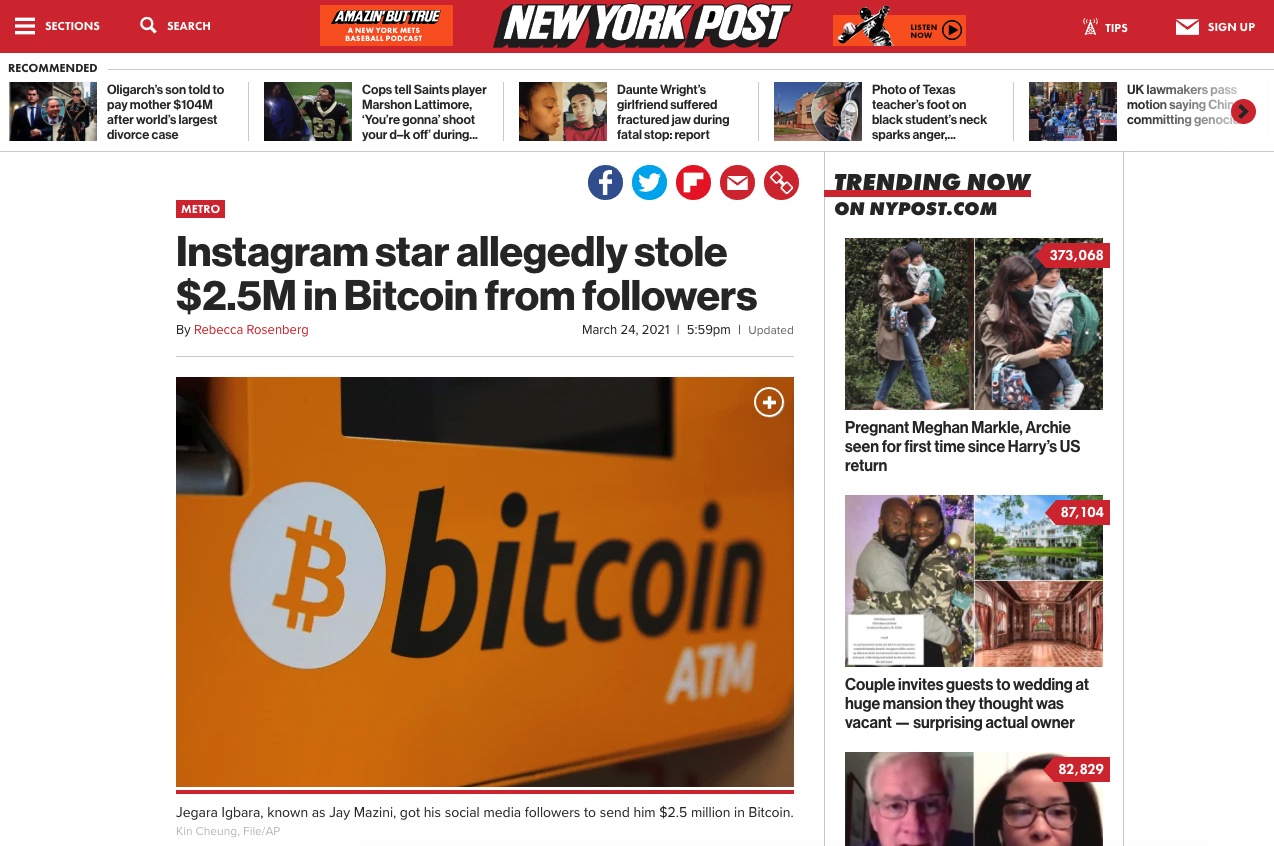






18 U.S.C. § 201 is a federal law that makes it illegal to bribe public officials in the United States. This law applies to all public officials and witnesses in federal proceedings. It’s an important law that aims to prevent corruption in government.
Bribery basically means giving someone money or something else of value in order to influence their actions. When it comes to public officials, bribery undermines democracy and erodes public trust. That’s why bribery of public officials is taken so seriously under federal law.
There are a few key provisions in 18 U.S.C. § 201 that are good to understand:
If convicted, the penalties can include fines, imprisonment up to 15 years, and being disqualified from holding public office.
There have been some high-profile bribery cases prosecuted under this law, like:
As you can see, bribery takes many forms – it’s not just suitcases full of cash. Creative bribery schemes are often uncovered.
There are some limited defenses available for bribery charges:
But in general, bribery allegations are taken very seriously. Public corruption undermines public trust, so officials need to steer far clear of anything that looks like bribery.
This anti-bribery law is important for maintaining integrity and transparency in government. Bribery and public corruption threaten democracy and fair governance.
However, enforcement of this law raises some interesting issues:
There are also debates around whether this law is enforced consistently and aggressively enough. Some argue white collar and public corruption crimes go under-prosecuted compared to other crimes.
Overall, 18 U.S.C. § 201 serves an important purpose, but there are gray areas when it comes to campaign finance and lobbying. There is room for debate around enforcement and consistency. As with many laws, there are complexities around balancing competing principles like free speech, transparency, and avoiding corruption.
Bribery of public officials is a serious federal crime. This law bans giving or receiving anything of value in exchange for an official act or to facilitate fraud. The penalties are steep – up to 15 years in prison. There are limited defenses available. Overall, 18 U.S.C. § 201 aims to uphold integrity in government by outlawing quid pro quo bribery schemes. But there are many nuances and complexities around enforcement and interpretation.
What do you think? Where do we draw the line between normal campaign and lobbying activities versus illegal bribery? How would you improve enforcement of this anti-corruption law?
Let me know in the comments!
Here are the references I used for this article:



Please feel free to email us any questions regarding services that we may assist you with. You may also contact us by mail, telephone or fax.